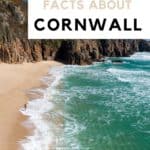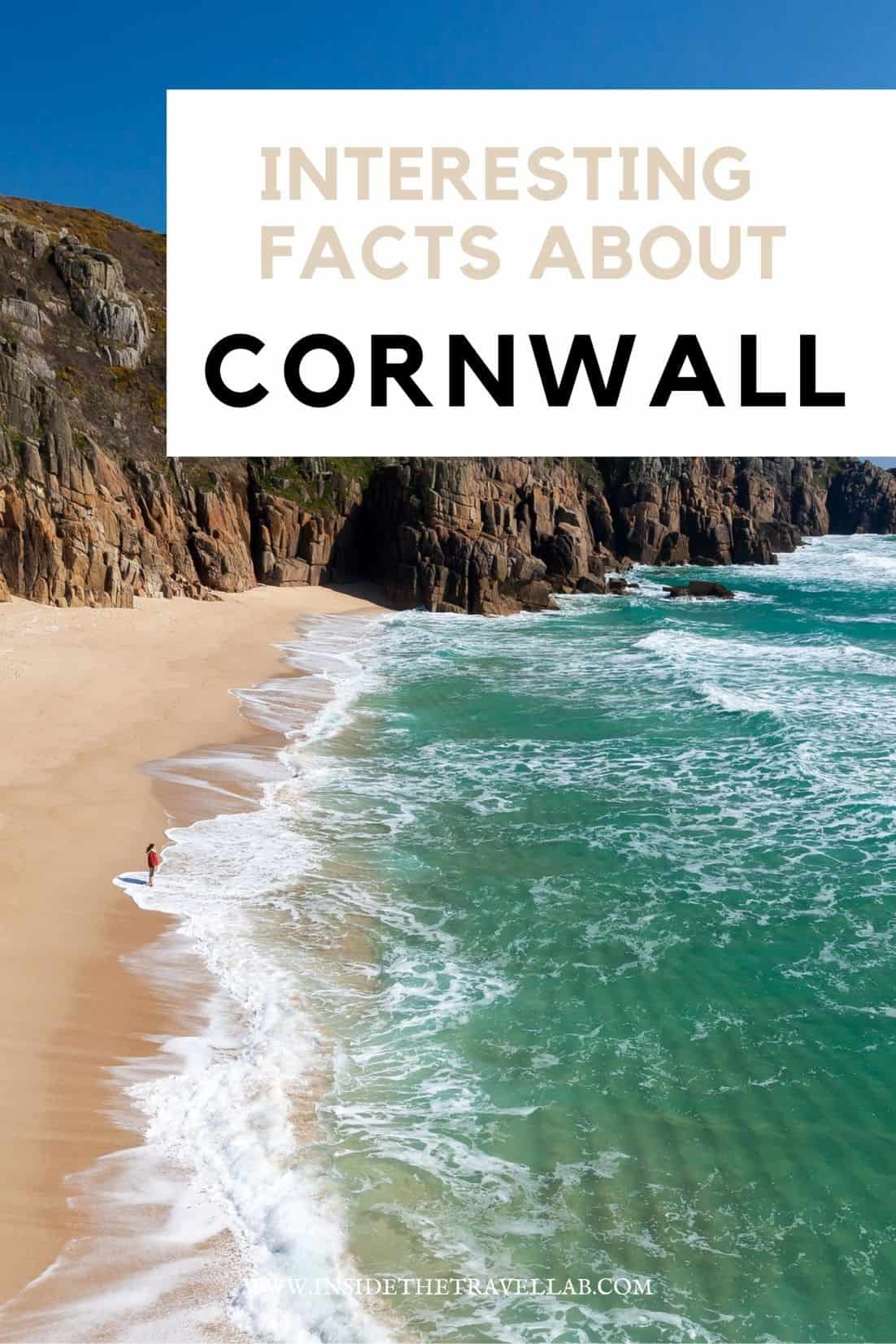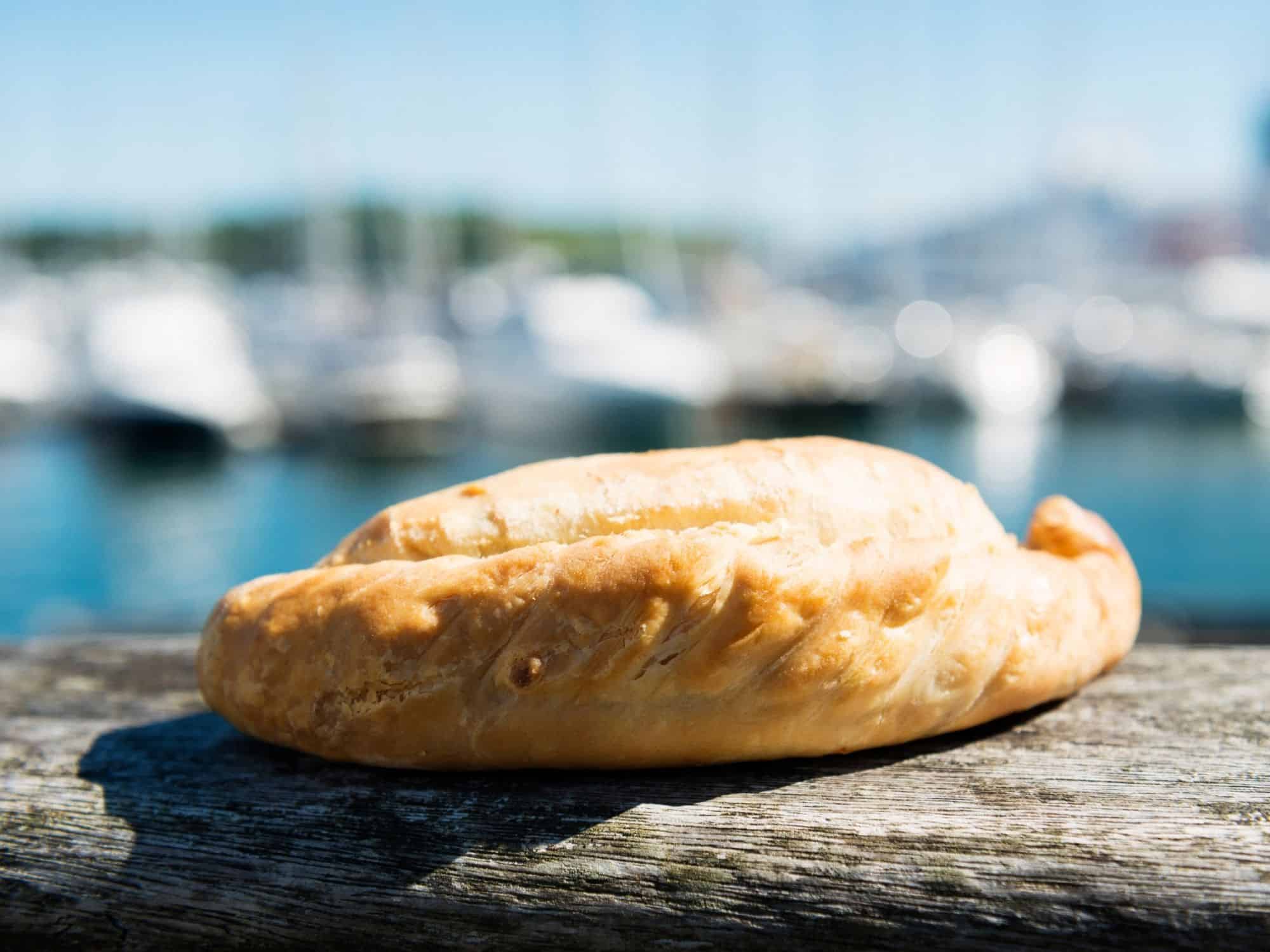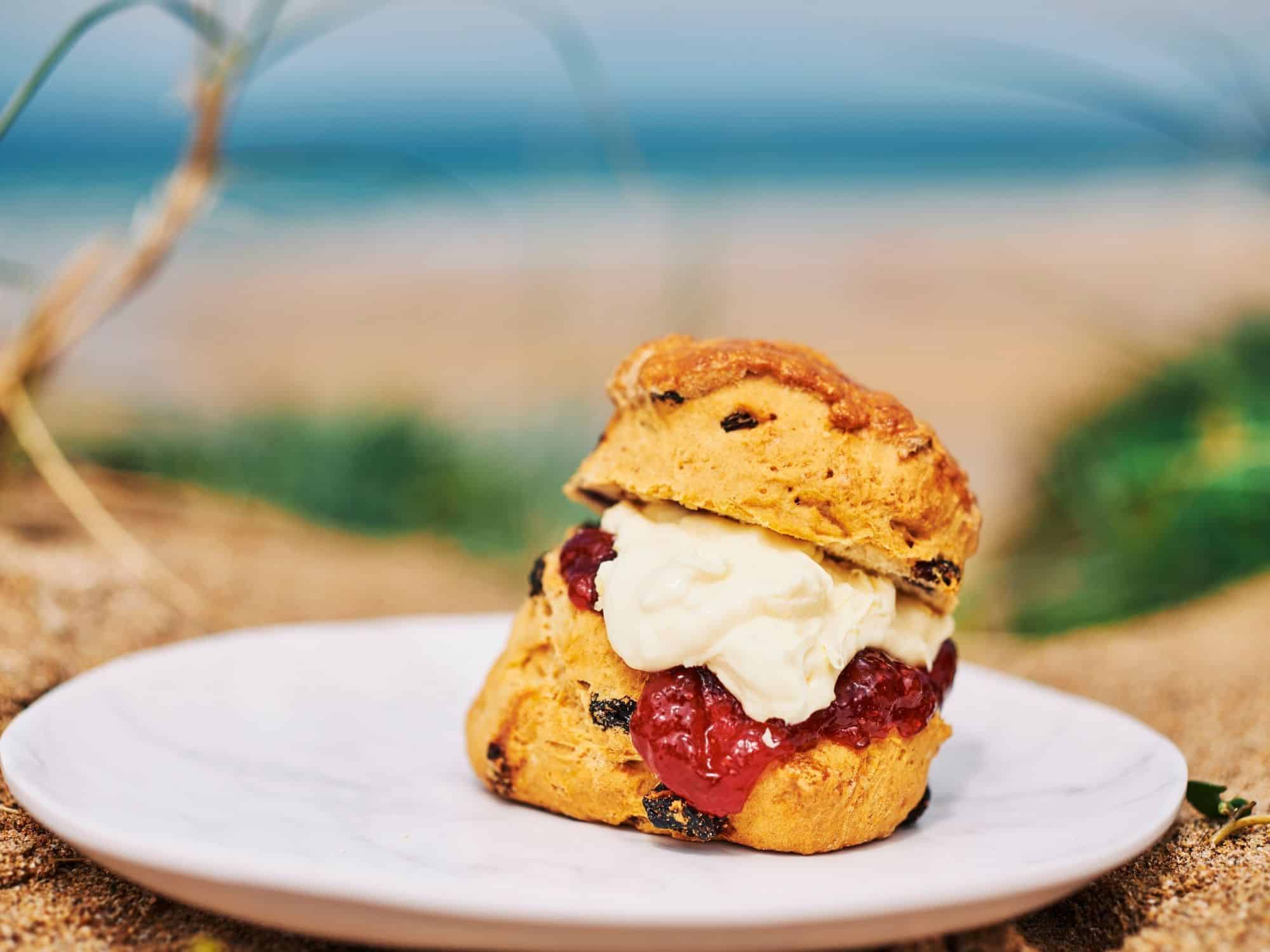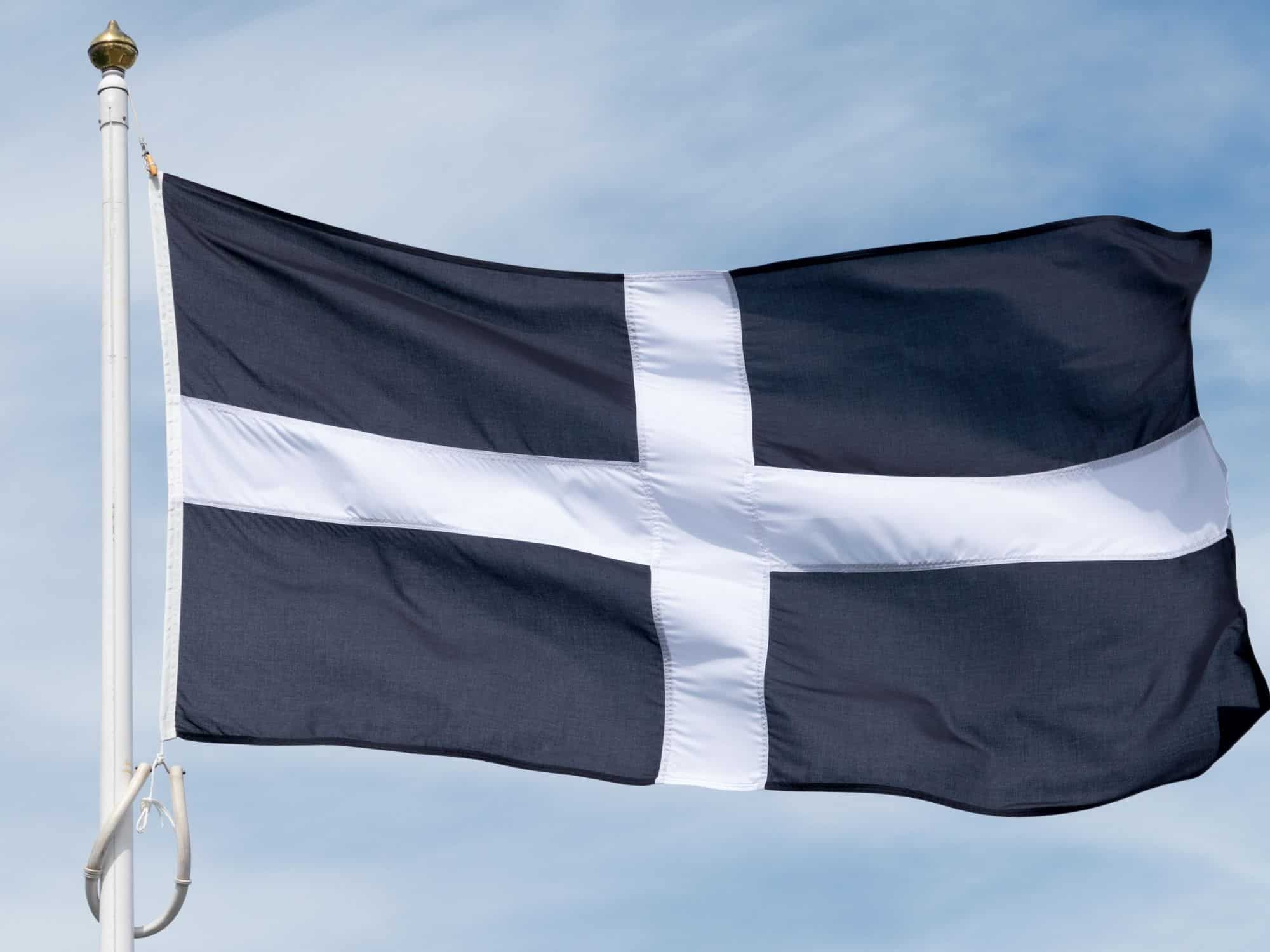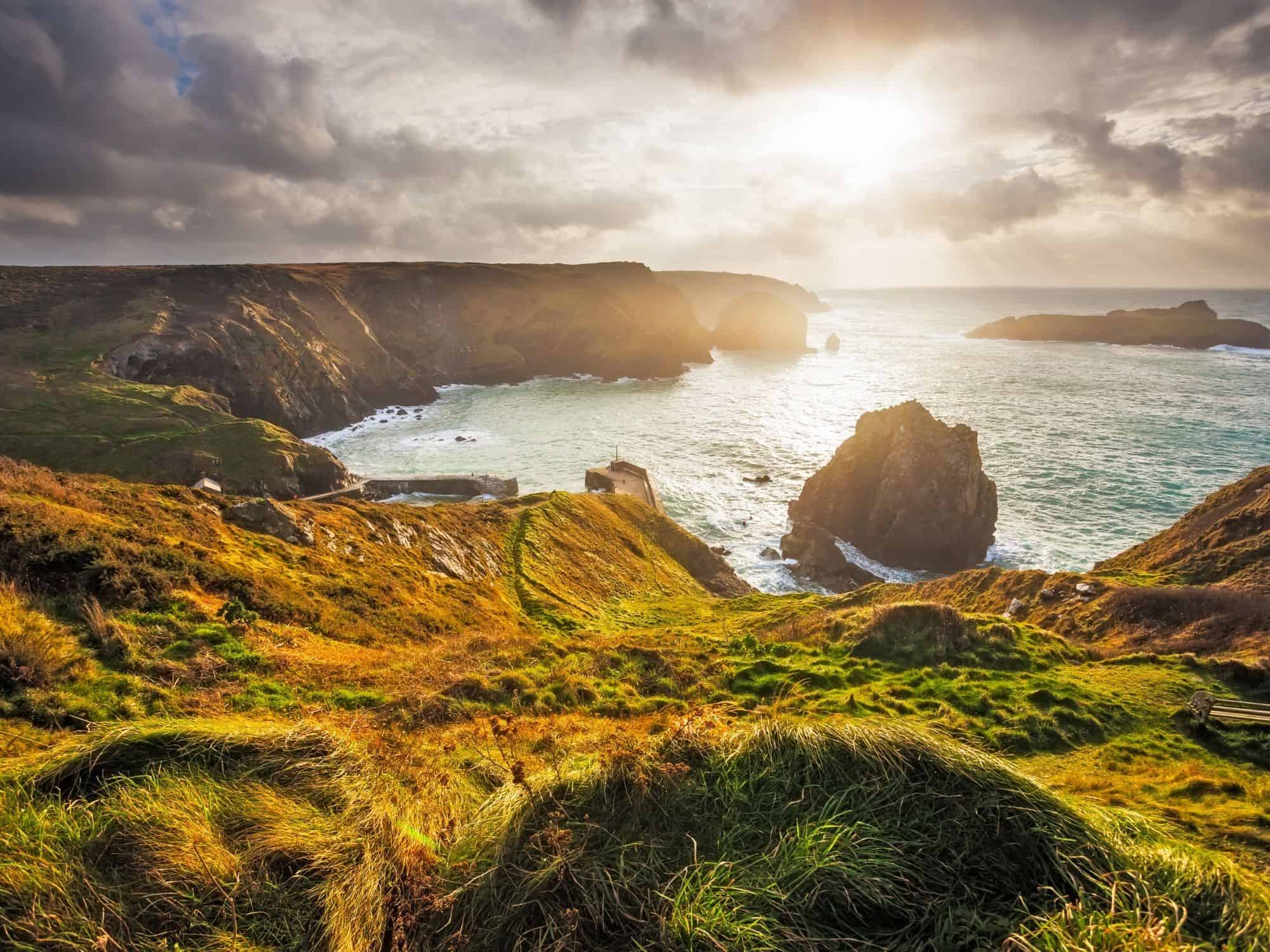Rugged and beautiful and tickling the toes of England’s south west peninsula, Cornwall has to be one the most atmospheric counties in the UK. But how much do you really know about her? Enjoy these interesting facts about Cornwall and sharpen up your travel skills.
See also our article on the prettiest places in Cornwall here.
Why not bookmark this article on interesting facts about Cornwall on Pinterest for later.
Interesting Facts About Cornwall
Stretching into the water at the south west tip of England, Cornwall is one of the most popular holiday spots in the UK. It offers sandy beaches, steep cliffs and a wild sense of romance thanks to a well developed sense of identity and literary history.
So, test yourself. How many of these interesting facts about Cornwall do you already know?
Arranging Your Trip to Cornwall
Cornwall is a beautiful but popular place, so it pays to book your accommodation well in advance. You’ll find gorgeous properties to suit all budgets but make a start by checking out these holiday cottages from Aspects Holidays here.
Cornwall is still quite rural, so I’d recommend your own set of wheels. And if you’re worrying about how to charge your electric car, you can check out this collection of cottages with a EV charging point here.
We have miners to thank for the Cornish pasty
To those not already in the know, a Cornish pasty is a piping hot pastry treat lovingly chomped across the rest of the British Isles.
A traditional Cornish pasty wraps a mix of meat and vegetables with peppery seasoning into a semicircle of pastry, with a thick and twisted rim that’s easy to hold onto. And that’s not an accident.
The whole thing is perfect as a portable, filling meal when you don’t have the chance to wash your hands and sit down nicely at the table. Or indeed, make it out of the mine shaft on your lunch shift.
That’s right, Cornish tin miners invented the pasty as a solution to their culinary woes.
Cornwall has its own language
While you’ll easily be able to make your way around Cornwall in English, Cornwall has a language of its own. Called Kernewek, it’s a Celtic language that’s related to Welsh and Gaelic. While the Cornish language was on the decline, a concerted effort to bring it to the next generation is leading to something of a revival.
And its own Stonehenge
Bodmin moor has one of the densest concentrations of Bronze Age and Neolithic sites in Europe. Look out for The Hurlers, stone circles said to be men who turned to stone for playing hurling on the day of rest.
And it gets in a jam
Cornwall has an ongoing rivalry with Devon about how to eat a cream tea. Despite the name, a cream tea involves more than just the drink. It also comes with jam, clotted cream and a scone.
But which layer goes on first? Cornish clotted cream? Or jam?
And who has it right? Devon? Or Cornwall?
For those blissfully unaware of the debate: in Cornwall, it’s jam first (sensible) while in Devon, it’s cream first (crazy talk.)
Cornwall has the longest coastline in England
Mile by mile, Cornwall has the longest coastline of any county in England. Which explains why it’s such a great place for hiking, boating, surfing and beach holidays.
For more coastal inspiration, check out our guide to the best beaches in Salcombe, Devon.
How to travel to Cornwall more sustainably
We’re always looking for more ways to explore the benefits of sustainable tourism, so here are some practical tips for a trip to Cornwall.
- Bring reusable goods with you. Pack your water bottle, cutlery and coffee mugs.
- Leave wildlife well alone.
- Hire beach equipment instead of buying new.
- Shop locally where possible.
- Choose accommodation that makes sustainability a priority. For example, this cottage in Mousehole offsets its carbon emissions. And this cottage in Tintagel uses solar power for a greener stay.
And a UNESCO World Heritage Site
Cornwall makes friends with long time rival Devon to jointly claim UNESCO World Heritage Status for their industrial mining heritage. The area includes ten unique tin mining sites in, as it happens, beautiful locations.
Plus some Poldark
Based on the novels of Winston Graham, Poldark returns from war in America to find his father dead, his estate in ruins and his lover engaged to someone else. And this all takes place in Cornwall. Several series of television take some very good looking people and have them roaming across some very good looking scenery. And while you may be too late to meet the people, the scenery is well and truly still there.
Cornwall has a village called Mousehole
But, just to save you some blushes, it’s pronounced as “MOUZle.”
And the atmospheric Land’s End
Known by the ancient Greeks as Belerion or shining light, the English term for Land’s End is rather more prosaic. Land’s End is the most westerly point in England (although not the United Kingdom) and you can visit to watch the waves froth and churn below, while your mind froths and turns about the positioning of the apostrophe.
Cornwall has more plant species than anywhere else in Britain
Now, this is an interesting fact about Cornwall. But it is one that feels a little bit like cheating.
The Eden Project is the groundbreaking charitable project which houses Mediterranean gardens and rainforests in bubbles that rise out of the Cornish countryside. It’s situated in a reclaimed china clay pit, just a few miles from St Austell.
Cornwall has its own flag
Looking and sounding suspiciously like a pirate’s flag, the Saint Piran’s flag is actually the flag of Cornwall. Jet black, with a bright white cross, the Standard of Cornwall is attributed to a 5th century Cornish abbot.
And it’s own wrestling
Another tradition that threads back through the centuries is the practice of Cornish wrestling. Or, as Cornish people say, Omdowl Kernewek. Even Shakespeare wrote about it.
And Hitchcock Film
Daphne du Maurier’s Rebecca was inspired by and set in Cornwall, where a body disappeared into the wild and crashing waves of Cornwall’s coastline. Published in 1938, the book has been immortalized by Hitchcock and, more recently, a Hollywood movie starring Lily James and Armie Hammer.
Last night I dreamt I went to Manderley again.
Cornwall is home to King Arthur
Or the legend of King Arthur, anyway. Both Wales and Cornwall claim King Arthur as their own. His legendary Knights of the Round Table are thought to link back to the real life leader who defended the land against the Saxons at the end of the 5th and beginning of the 6th century.
And Wind in the Willows
Kenneth Grahame’s childhood classic that brought Toad, Rat, Mole and Badger to life is thought to have been inspired by the author’s holidays to Cornwall. Wander around Fowey to see if inspiration strikes you as well.
And the Pirates of Penzance
The comic opera the Pirates of Penzance is one of the most popular works in the Gilbert & Sullivan repertoire. Go reclaim a slice of pirate life in the real seaside town of Penzance.
MORE ABOUT TRAVEL IN CORNWALL
When to visit Cornwall
Cornwall is a fascinating place to visit all year round but if you’re wanting to enjoy the beaches, then the summer brings the best chance of sunshine and dry skies. That said, in Britain, good weather is never guaranteed, so always bring a raincoat and an optimistic yet flexible attitude.
During August, accommodation prices can skyrocket as school holidays mean that families flock to the beaches whenever they can.
How to get to Cornwall
Trains to Cornwall leave from London Paddington and a typical journey, say London to Truro, takes around five hours.
Roads from London can get clogged up at weekends, so it’s often a better idea to travel south by train and then pick up a rental car in Cornwall if you need it.
Once within Cornwall, four train lines connect from north to south. They are the St Ives Bay Line, The Looe Valley Line, The Maritime Line and The Atlantic Coast Line.

